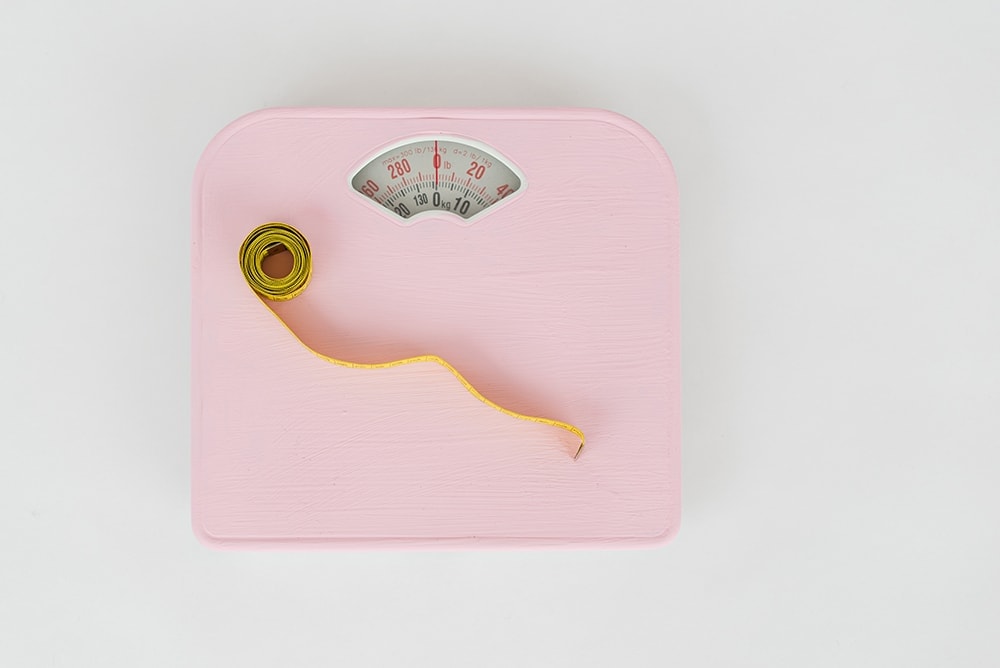There’s a saying in the investing world: Time in the market beats timing the market.
It’s the idea that no matter how much one tries to buy and sell at the perfect time, the one who just stays the course through highs and lows wins.
At the time I was writing this, the stock market took a nosedive. Uncertainty about the pandemic, turbulent foreign affairs, and an economy that’s still finding its bearings resulted in a massive sell-off that plummeted the market.
Doom and gloom news stories incited varying degrees of fear in people and caused them to bail on whatever stocks they held. Sooner or later, though, spurred by more promising news, the masses will buy back in, and to the moon we’ll go. And this is how it’s been since the inception of the stock market. On a micro level, lots of volatility, but on a macro level, the market is on one continuous upward trend.
In its most basic sense, the stock market is a barometer of emotion. It doesn’t reflect the true value of a stock but rather how people feel about the value of the stock. And how people feel is influenced by a myriad of things that often have nothing to do with the actual performance or health of a company.
It is vitally important to know how to truly gauge the health of your investment and not rely on what people on Reddit say to do. Having two or three methods to measure health and performance that allow you to make logical decisions amidst panic will ensure long-term success.
Data, not drama.
The same principle applies to your health. I once had a client who weighed herself before every workout. On days when she lost weight, it was a good day. On days she didn’t, workout ruined. Most people rely solely on the scale as their barometer of success. The problem is that the scale acts a lot like the stock market; lots of volatility in the short term.
A scale can move up or down for many reasons and often when you’re doing everything right. The fatal error people make is bailing on their plan because of short-term fluctuations inherent to the scale. The solution is a better way to measure progress to accompany the scale, so you get a complete picture of what’s going on.
First and foremost, this means understanding what you should truly be aiming for, besides just getting to a certain weight. The focus of your fitness journey should revolve around improving body composition and health, not a number on the scale. A number is irrelevant without context. Rather, you want to know where your true fitness markers stand relative to your age group.
If you are a 45-year-old female, then don’t look at what the 21-year-old is doing. Ask yourself what the “ideal range” is for muscle, body fat, and blood work for people in my age group, and determine where you are in relation to that. Then, with that in mind, I recommend using two additional measurement methods in addition to the scale.
Body Fat Analysis: Your body is composed of bones, muscle, fat, water, and tissue. Not all of it is weight you want to lose. In fact, if you’re losing weight but it’s not fat, that’s extremely counterproductive and something you wouldn’t know by simply weighing yourself. A body fat analysis is like a balance sheet for your body; it should show a trend towards decreased body fat and lean muscle increases. Monitor this every 6-12 weeks if you’re trying to lose or gain.
Measurements: If you were to lose five pounds of fat and gain five pounds of muscle simultaneously, your scale number wouldn’t move, given that you still weigh the same despite a significant change in body composition. But this would most certainly change how you fit in clothes, and when measured, show you that the body fat has diminished from problem areas. I’ve had clients lose almost no weight but have a loss of 8 to 12 inches from their various body parts. Measure where you carry body fat and repeat once a month.
There are many other methods of measuring progress, but these are a great place to start. And next time you’re tempted to panic, look at the data, not the drama. spt







Comments